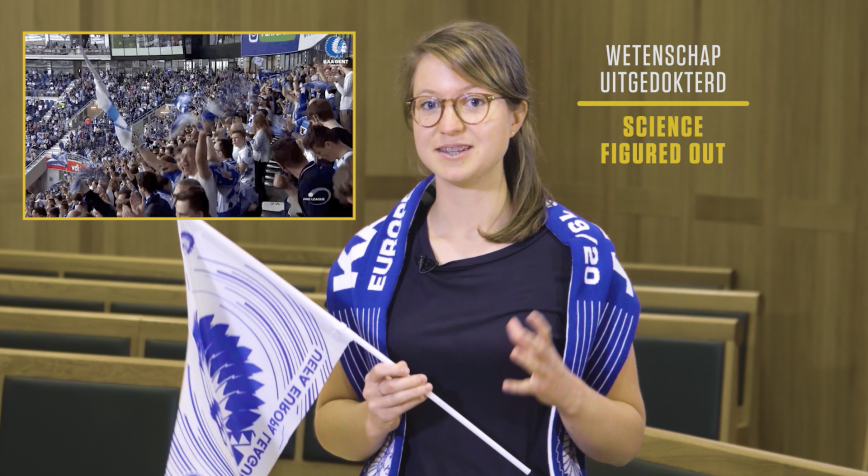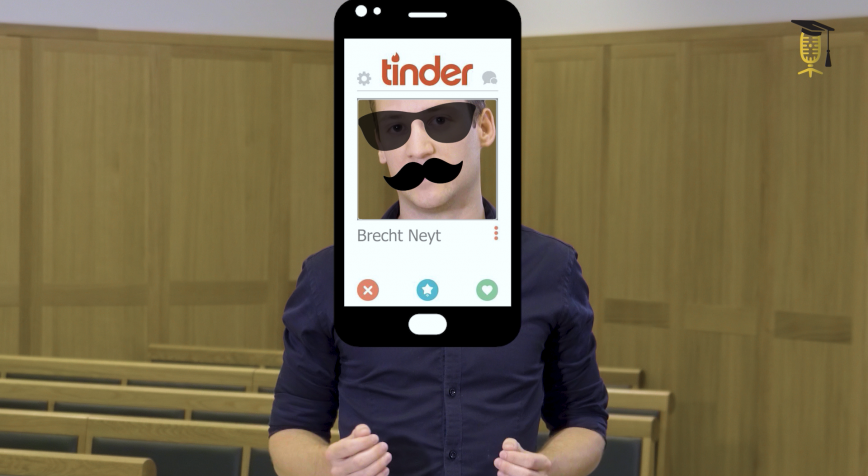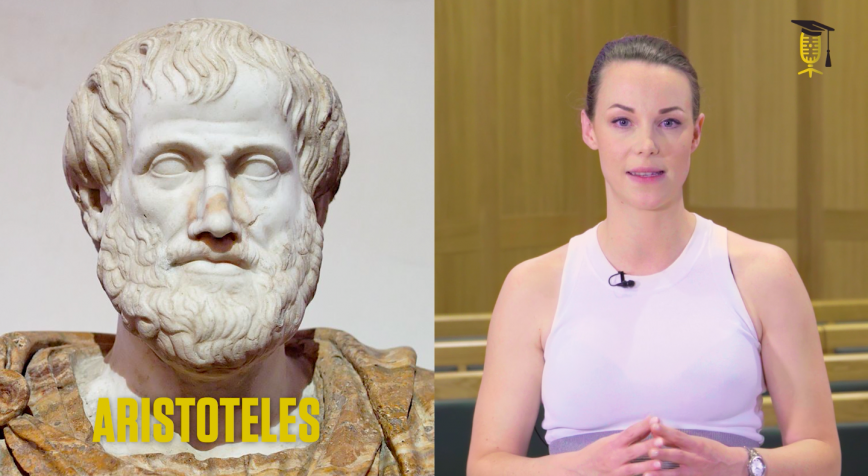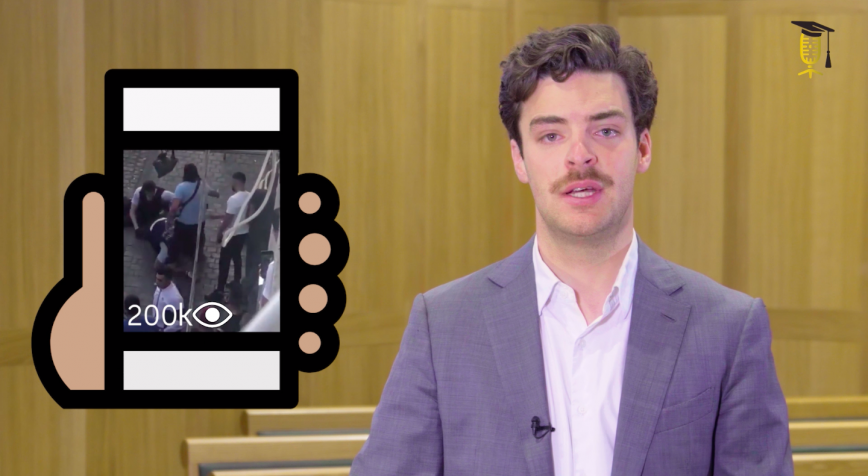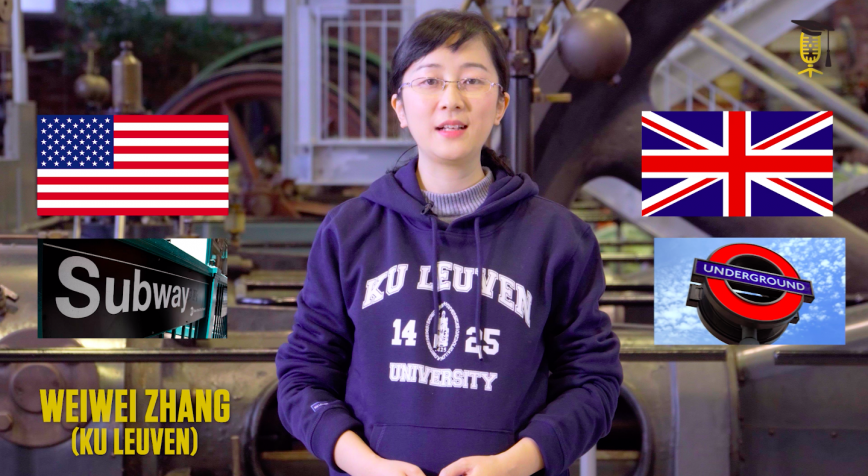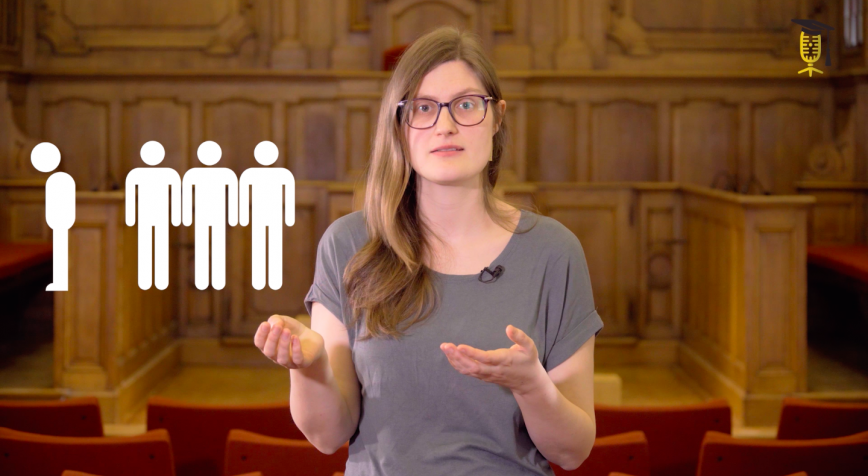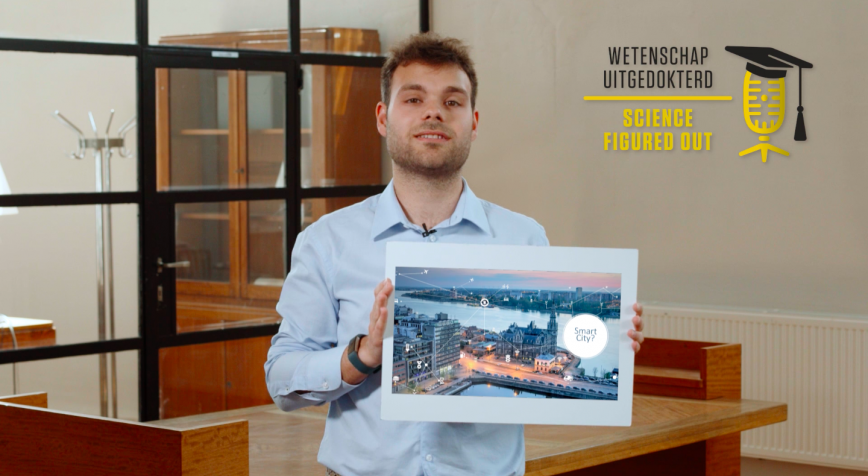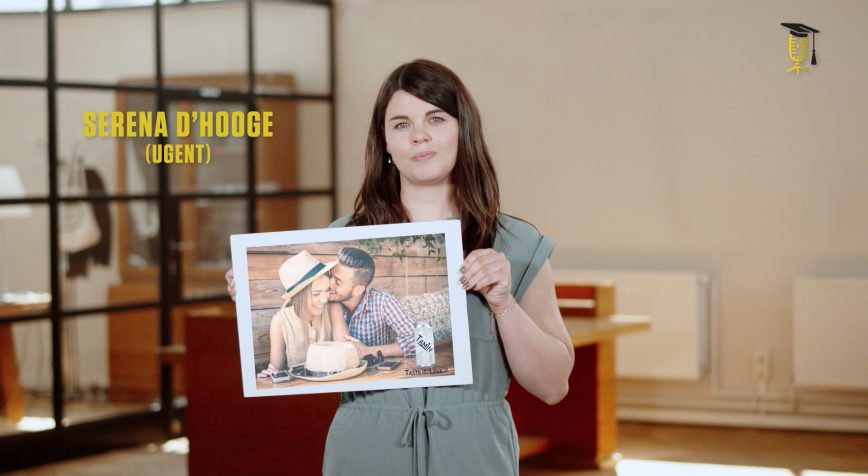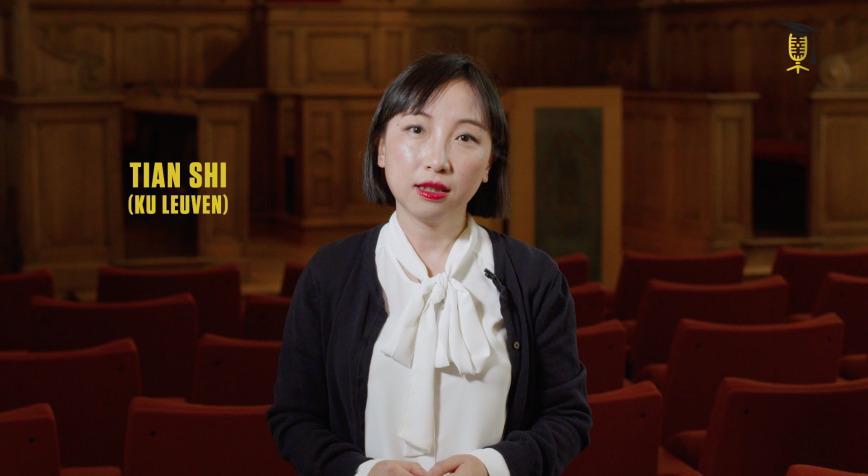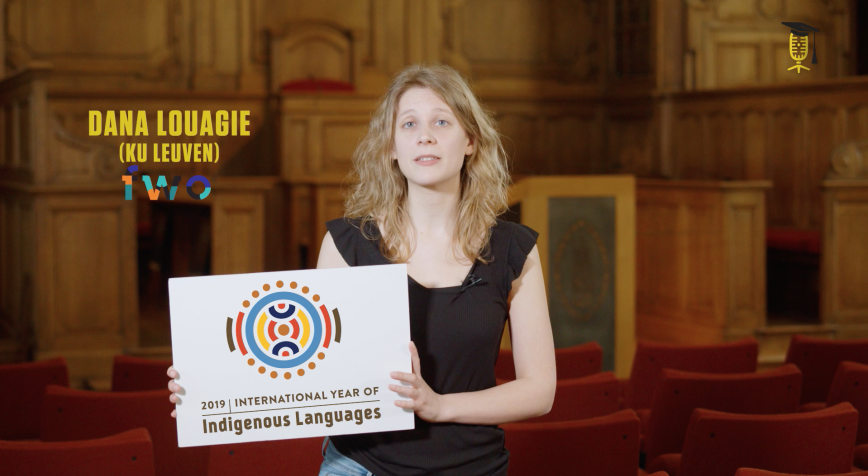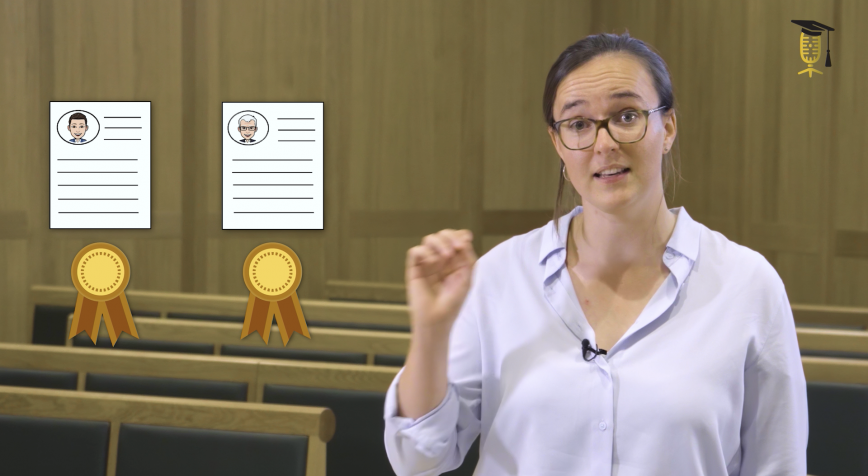
UGent
Recruitment discrimination: from measuring to explaining
Research has found that being older significantly lowers your employment chances when looking for a job. Why this is the case is studied to a lesser extent. With her research, Hannah Van Borm fills this black box and identifies different reasons for why older job applicants face age discrimination in the hiring process.
